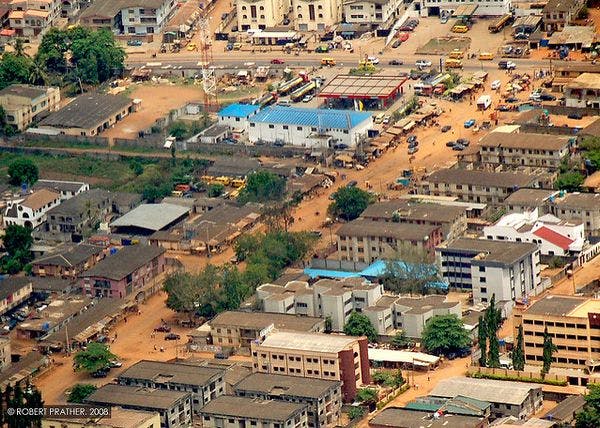The need for drug policy reform in Nigeria and West Africa
By Terzoo Zamber
The 3rd Executive Course on Human Rights and Drug Policy in West Africa recently hosted (25 - 30 July, 2016) by the Faculty of Law, University of Ghana emphasised the need for Policy Review within the Sub-Region.
In an increasingly interconnected world, Nigeria and the entire West African sub region has become an attractive destination for transnational organized crimes. One of such is drug trafficking.
Drug cartels have always collaborated with local partners to turn the region and their individual nations into major transit routes for illicit drugs. The region has long produced cannabis mainly for local consumption which is the most abused drug. It is now fast becoming a producer and exporter of synthetic drugs such as amphetamine-type stimulant.
According to a report by the West Africa Commission on Drugs released in 2014, drug trade in the sub-region was valued at hundreds of millions of dollars. This justifies the United Nations Secretary General, Ban Ki-moon’s claim during a UN Security Council debate in 2013 that the annual value of cocaine for example, transiting through West Africa was 1.25 billion US dollars.
This is significantly more than the annual budget of some countries in the region. Ironically, while this may sound lucrative and attractive, it is disheartening to note that virtually all the countries in the region including Nigeria are still among the poorest in the world. The growth in drug trafficking comes as the region is emerging from years of political conflict and prolonged violence.
This instability has left a legacy of fragile state of institutions and weak criminal justice systems that are vulnerable to infiltration and corruption by organized crimes. While democracy has gained ground in the continent, the prevalence of this illicit trade appears to be an eminent threat to its sustenance.
The unwholesome trade has also led to increase in money laundering. Despite efforts in establishing effective anti money laundering regimes, the needs still outweigh the capacity, resources and political will in some instances. There is an urgent need for formidable policies at national and regional levels to contain the menace.
Keep up-to-date with drug policy developments by subscribing to the IDPC Monthly Alert.
Thumbnail: Flickr CC Robert
